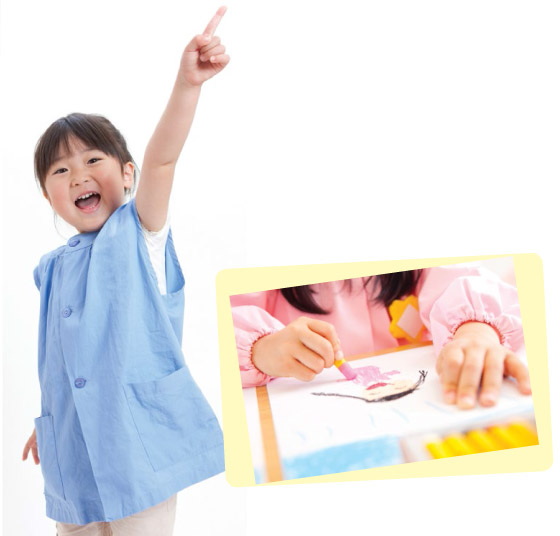A child’s physical development is more than their height, weight and/or build, it also has a lot to do with other aspects of our child’s body movements. For example, as a child reaches their schooling years (typically 6 or 7 years old), they learn the ability to use writing, drawing, and art tools, including pencils, markers, chalk, paint brushes, and various types of technology which is part of their fine motor skill pool.
Their gross motor skills, on the other hand, may include the ability to have control and balance in walking, climbing, running, jumping, hopping, skipping, marching, and galloping, just to name a few.
Much of these are learnt through structured and unstructured activities and other experiences during kindergarten, preschool or at home with you.
These skills are important in their formal schooling years and will be used quite often and some may even be a precursor for them to perform better athletically in sports or other physical activities. You should also try and keep track of your child’s physical growth from time to time by measuring their BMI-for-age.
Help your child to be prepared physically for the challenges he/she will face at school by providing:
Good nutrition
Food provides energy and the proper nutrition for your child to grow and realise his/her full potential. So prepare a balanced diet with at least 3 meals a day. Breakfast is the most important meal of the day as it provides the energy a child needs to stay focused, improves memory and reduces risk of illness, in addition to other benefits. You can use the Malaysian Food Pyramid for Children as a guide on how to prepare a balanced meal which is moderately portioned and full of nutritious variety.

Enough rest and sleep
Children aged 6-13 need 9-11 hours of sleep. At this age however, there is an increasing demand on their time from school, sports and other extracurricular and social activities. In addition, school-aged children become more interested in TV, computers and the internet as well as caffeine products. Adequate sleep is important especially for children because it directly impacts their mental and physical development.

Lots of exercise
Health and safety awareness
Plenty of motor skill training
Suffice to say, physical skills are important for school readiness. It provides them with the confidence to participate in activities because they know they can perform a particular task without feeling overly awkward or intimidated. Aside from teaching your child or encouraging them to be more physical, you should also set a good example at home. After all, parents are every child’s primary role model.
Nevertheless, if you think your child has a physical growth problem/disorder (e.g. hyperthyroidism, dwarfism and growth hormone deficiency) or are concerned about his/her development in general, be sure to consult a doctor/specialist immediately.







Comments